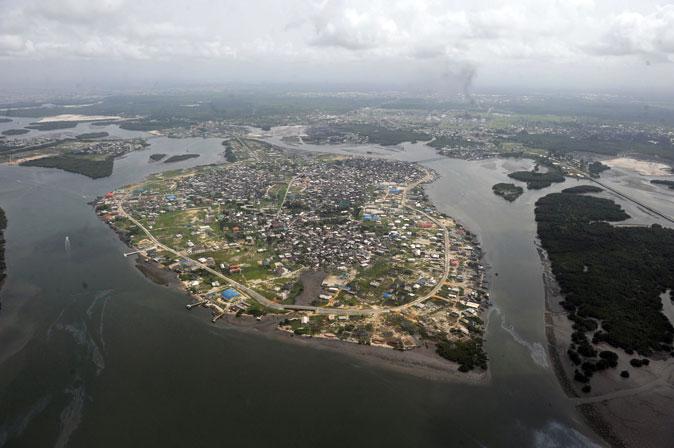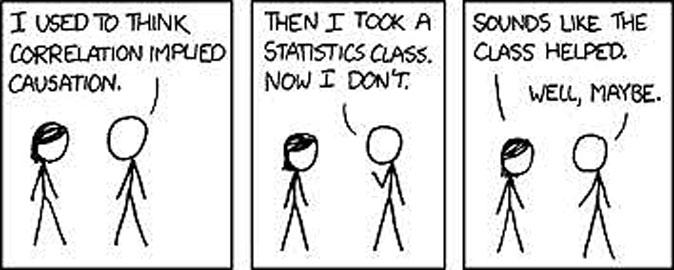The government of Nigeria has had a quick look down the back of the couch and appears to have found and extra three quarters of the economy just lying there. Well over $200 billion’s worth in fact:
Nigeria’s economy surpassed South Africa’s as the largest on the continent after the West African nation overhauled its gross domestic product data for the first time in two decades. On paper, the size of the economy expanded by more than three-quarters to an estimated 80 trillion naira ($488 billion) for 2013, Yemi Kale, head of the National Bureau of Statistics, said at a news conference yesterday to release the data in the capital, Abuja. That compares with the World Bank’s 2012 GDP figures of $262.6 billion for Nigeria and $384.3 billion for South Africa.
That’s how shall we put this, a fair old difference, isn’t it?
Much of the chuntering on about this is over how it makes the debt and taxation loads look much smaller, they being numbers that haven’t changed. But the much more important one is to grasp the point this makes about economic planning.
We do actually know that this sort of mismeasurement is commonplace right across economies. It’s not just the way that it’s very difficult to measure the size of black (ie, innately illegal) economies, or grey (legal, but hiding from taxation), it’s that we’re only ever doing statistical sampling of an economy when we try to measure how large it is. And over time our statistical methods, if we don’t change them, are going to get further and further out of whack as the structure of the economy changes. To take an absurd illustration, we we tried to measure transport in the UK using the methods of 1880 we'd note more rail and very fewer horse drawn journies but entirely miss the rise of the motor car.
So, given these problems a rebasing every now and again isn’t that bad an idea. We in the UK end up changing some part of our statistical methods with just about every release of the statistic (hyperbole alert!) and other places devoting less attention to the problem might, as here, do it only once in decades. All of which is just fine but let us now add this to another current preoccupation.
We’ve managed to hunt down and shame into silence most of those who argue that planning an economy is either desirable or even possible when we’re operating at the technological frontier. But there’s plenty about who insist that poor countries must plan, must have the joys of the central plan as we did not so that they can become rich by the method that we did not. Even on the face of it that looks like a pretty silly argument they’re using but add to it the news from today.
Nigeria’s just found that extra $200 billion down the back of the couch. How in heck can you plan and economy when your estimate of what’s actually in that economy is out by 40% or so?
Quite: exactly the places that leftoids tell us must be using planning are exactly the places where the Socialist Calculation problems hits hardest. No one’s got a clue what is currently actually happening: so how in heck can anyone plan what should be done next?
This article was originally published at the Adam Smith Institute.





